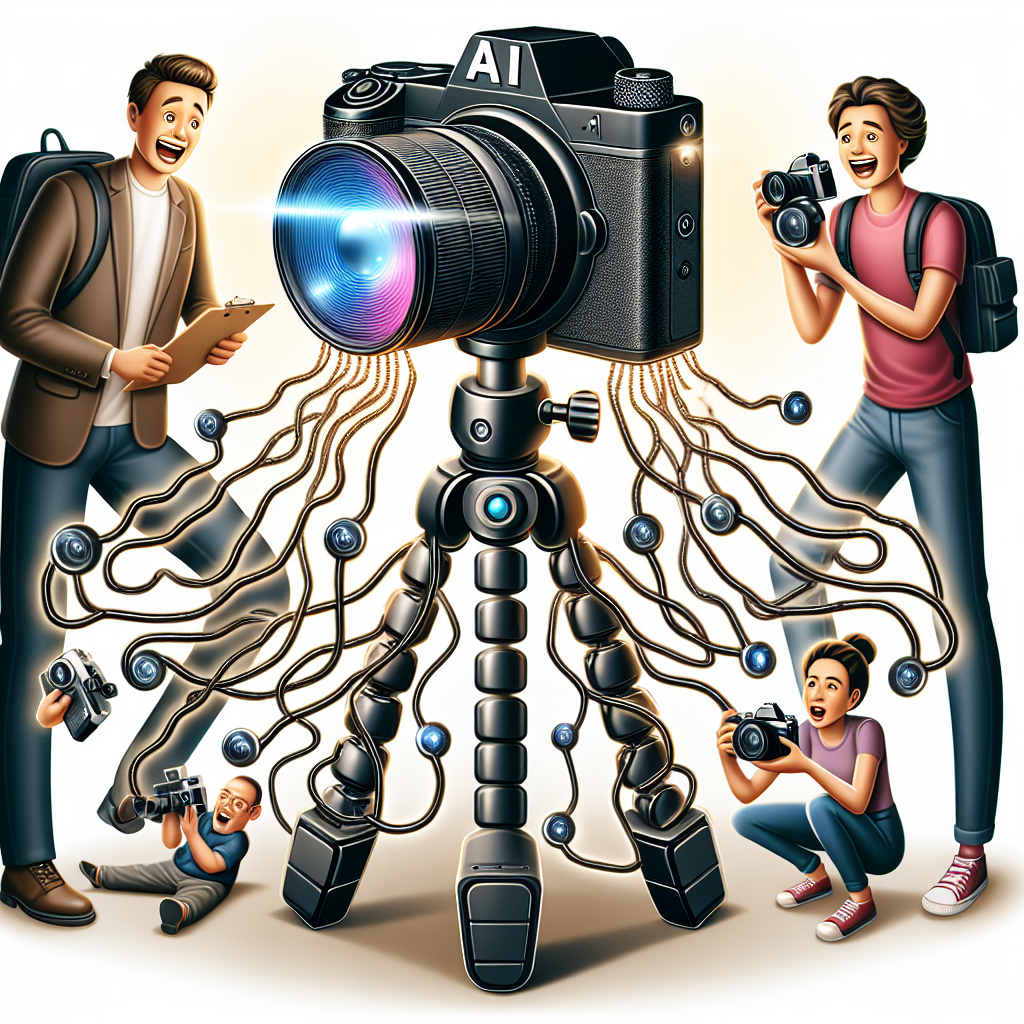Recent years have witnessed a transformation in photography due to the emergence of artificial intelligence (AI). Advancements in machine learning algorithms and imaging technology are enabling AI cameras to bridge the divide between amateur and professional photography, allowing anyone to capture breathtaking images. This article delves into the ways AI is reshaping photography and its impact on both beginners and experienced photographers.
1. What is AI in Photography?
AI in photography involves utilizing advanced algorithms to improve image quality, automate various photographic processes, and offer intelligent assistance. Present in devices ranging from smartphones to high-end DSLRs, AI enhances user experience and image output.
2. Streamlining Complex Processes
For many amateur photographers, mastering the technical elements of photography can be daunting. AI cameras alleviate these challenges by automating settings like exposure, aperture, and ISO. Features such as scene recognition assess the surroundings and adjust settings on the fly, allowing users to concentrate on composition over technicalities.
Example:
- Scene Detection: AI can identify landscapes, portraits, and food, adjusting camera settings to achieve optimal results without needing extensive photography knowledge.
3. Smart Editing Features
AI has made substantial progress in post-processing as well. Numerous cameras and editing applications now offer AI-powered functionalities that can enhance or entirely transform images with a simple click.
Key Features:
- Auto-enhancements: Automatically fine-tune brightness, contrast, saturation, and sharpness.
- Background Removal: AI can distinguish between subjects and backgrounds, facilitating the creation of professional-grade portraits or product images.
- Style Transfer: Users can apply unique artistic styles to their photos in mere seconds, granting them a refined and distinctive appearance.
4. Boosting Creativity
AI cameras provide amateur photographers the freedom to explore their creativity without the fear of making errors. Features such as automatic composition suggestions and filter applications can motivate users to experiment with various styles, aiding in the development of their artistic expression.
5. Opportunities for Learning and Growth
Equipped with tutorials and guided modes, AI cameras allow amateur photographers to learn flexibly. With real-time feedback and suggestions, users can gradually enhance their skills, effectively narrowing the gap between novice and expert.
6. Professional Quality Within Reach
The sophisticated features of AI in photography ensure that attaining professional-quality images is more accessible than ever. AI cameras can produce results comparable to those achieved with costly professional setups. This accessibility promotes creativity and self-expression among amateur photographers.
7. Challenges and Ethical Considerations
Despite the advantages, the rise of AI in photography raises concerns regarding authenticity and originality. As AI becomes more adept at imitating artistic styles and enhancing images, it’s crucial for photographers to reflect on the implications of creatively employing these technologies. Moreover, a heavy reliance on AI might impede an individual’s learning curve, as users may lean too much on automated features.
Conclusion
AI cameras signify a major transformation in the photography world, making it simpler for amateurs to capture high-quality images while fostering creativity and learning. As technology continues to progress, the integration of AI in photography is expected to deepen, erasing the lines between amateur and professional artistry. For both budding enthusiasts and seasoned photographers, embracing this technology opens up new avenues for visual storytelling, enriching the photography experience.
Whether you’re taking casual selfies or embarking on an ambitious photography project, AI cameras serve as invaluable tools to enhance your skills and creativity.

